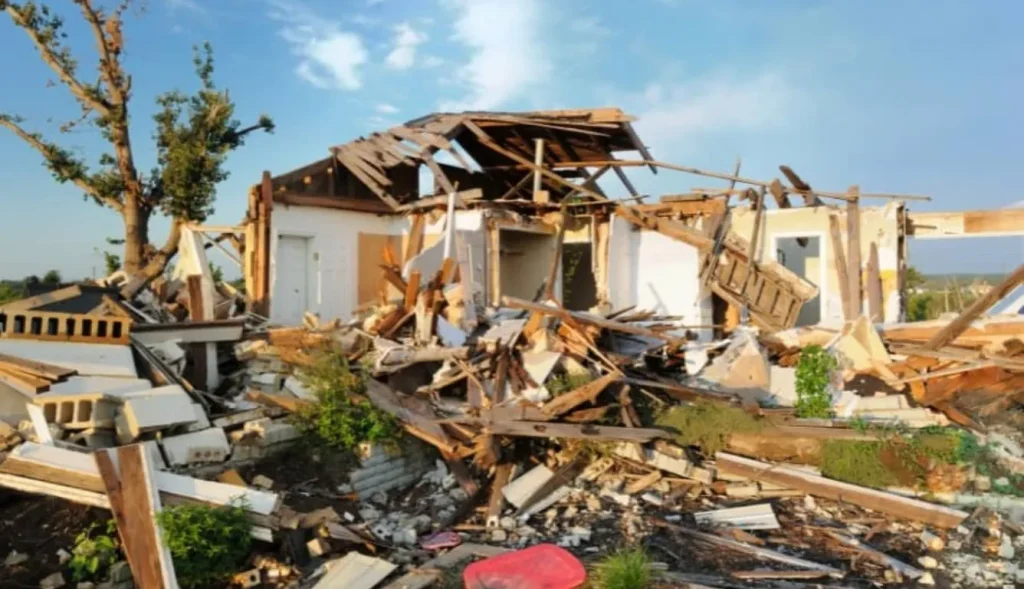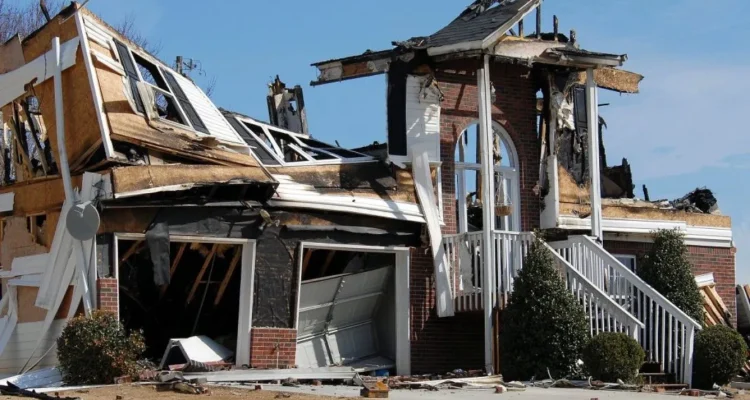Introduction
Water heaters are essential appliances in our homes, providing us with the comfort of hot water for showers, cleaning, and other daily needs. However, these appliances can pose significant dangers if not properly maintained or installed. One of the most catastrophic events that can occur with a water heater is an explosion. Understanding what causes a water heater to explode is crucial for every homeowner to ensure safety and prevent such a disaster.

Understanding Water Heater Explosions
A water heater explosion occurs when the pressure inside the tank becomes too high or when there is a malfunction that leads to a sudden release of stored energy. There are two main types of water heater explosions: thermal expansion explosions and gas explosions. Both can cause extensive damage to property and pose serious risks to personal safety.
Common Causes of Water Heater Explosions
Pressure Buildup
One of the most common causes of water heater explosions is pressure buildup. This occurs when the pressure inside the tank exceeds the tank’s capacity to contain it. Several factors can contribute to this:
- Temperature-Pressure Relief Valve (TPR Valve) Malfunction: The TPR valve is designed to release pressure if it gets too high. If this valve fails, pressure can build up to dangerous levels.
- Excessive Heating: When the water is heated beyond its boiling point, it creates steam, increasing the pressure inside the tank.
Temperature Issues
- Overheating: Overheating can occur if the thermostat is set too high or if it malfunctions. When the water temperature rises excessively, it can create steam and increase pressure.
- Faulty Thermostat: A faulty thermostat may cause the water heater to overheat by not properly regulating the temperature.
Sediment Buildup
Sediment buildup occurs when minerals in the water settle at the bottom of the tank. Over time, this can cause several problems:
- Insulation of the Heating Element: Sediment can insulate the heating element, causing it to work harder and potentially overheat.
- Reduced Efficiency: Sediment buildup can reduce the efficiency of the water heater, leading to higher energy consumption and increased pressure.
Preventing sediment buildup involves regularly flushing the tank to remove accumulated minerals.
Gas Leaks
Gas leaks are a significant hazard associated with gas water heaters. A gas leak can lead to an explosion if the gas accumulates and is ignited by a spark.
- Detecting Gas Leaks: Gas leaks can often be detected by a rotten egg smell. If you suspect a gas leak, it’s essential to shut off the gas supply and call a professional immediately.
Faulty Pressure Relief Valve
The pressure relief valve is a critical safety component of a water heater. It is designed to release pressure if it becomes too high.
- Importance of the Pressure Relief Valve: Without a functioning pressure relief valve, pressure can build up inside the tank to dangerous levels.
- Signs of a Faulty Valve: If the valve is leaking or if it doesn’t release water when the test lever is lifted, it may be faulty and needs to be replaced.
Electrical Problems
Electrical water heaters can also explode due to wiring issues or electrical component failures.
- Wiring Issues: Faulty wiring can cause short circuits or overheating.
- Electrical Component Failures: Components such as heating elements and thermostats can fail, leading to overheating and increased pressure.
Signs Your Water Heater Might Explode
Being aware of the warning signs of a potential water heater explosion can help you take action before it’s too late:
- Unusual Noises: Rumbling, popping, or banging noises can indicate sediment buildup or pressure issues.
- Leaking Water: Any water leaking from the tank can be a sign of pressure problems or a faulty component.
- Rusty Water: Discolored water can indicate corrosion inside the tank, which weakens the structure.
- Strange Smells: A gas smell or burning odor can signal a gas leak or electrical issue.
Preventative Measures
Preventing a water heater explosion involves regular maintenance and monitoring:
- Regular Maintenance: Schedule annual inspections and maintenance with a professional to ensure all components are functioning correctly.
- Proper Installation: Ensure your water heater is installed by a qualified technician to meet all safety standards.
- Monitoring Pressure and Temperature: Regularly check the pressure and temperature settings to ensure they are within safe limits.
- Flushing the Tank: Periodically flush the tank to remove sediment buildup and improve efficiency.
What to Do if You Suspect a Problem
If you suspect your water heater is malfunctioning or showing signs of a potential explosion:
- Immediate Steps: Turn off the power or gas supply to the water heater and call a professional plumber or technician.
- When to Call a Professional: If you notice any of the warning signs mentioned earlier, it’s best to call a professional immediately to inspect and repair your water heater.
FAQs
How often should I inspect my water heater?
It’s recommended to inspect your water heater at least once a year to ensure all components are functioning correctly and to address any potential issues before they become serious.
Can a small leak cause an explosion?
Yes, a small leak can be a sign of pressure buildup or a faulty component, both of which can lead to an explosion if not addressed promptly.
What should I do if I smell gas near my water heater?
If you smell gas, turn off the gas supply immediately and call a professional to inspect and repair the leak. Do not attempt to fix it yourself.
How can I reduce sediment buildup in my water heater?
Regularly flushing the tank can help reduce sediment buildup. It’s also helpful to use a water softener if you have hard water.
Is it safe to repair a water heater by myself?
It’s best to leave repairs to a professional, especially if you’re not experienced with water heaters. Improper repairs can lead to serious safety hazards.
Conclusion
Understanding what causes a water heater to explode and taking preventative measures can help ensure the safety and longevity of your appliance. Regular maintenance, proper installation, and being vigilant about warning signs are key to preventing a disaster. By staying informed and proactive, you can keep your home safe and enjoy the benefits of a reliable water heater.


Congratulation!